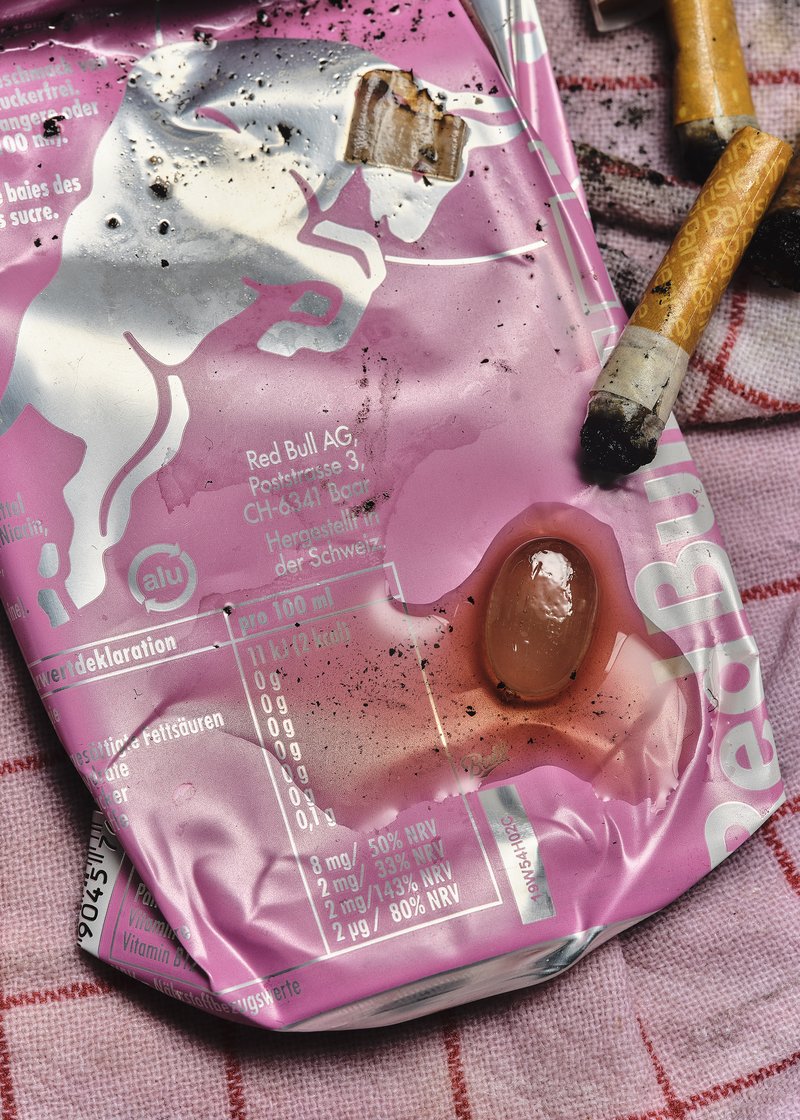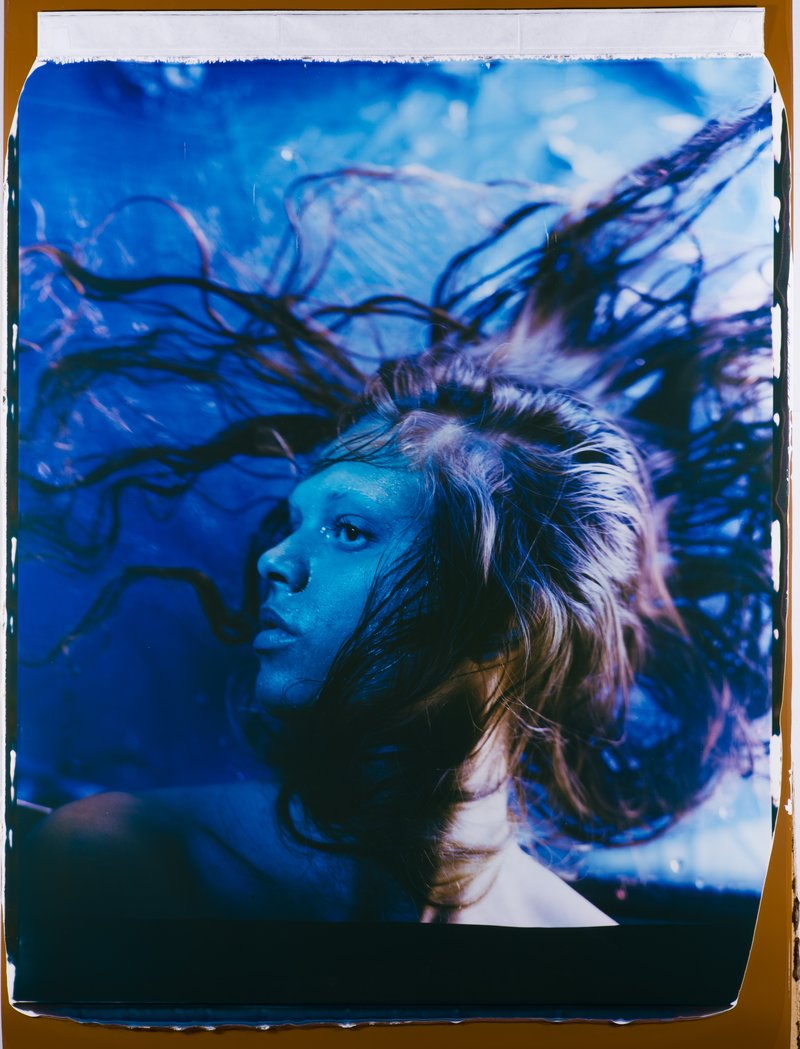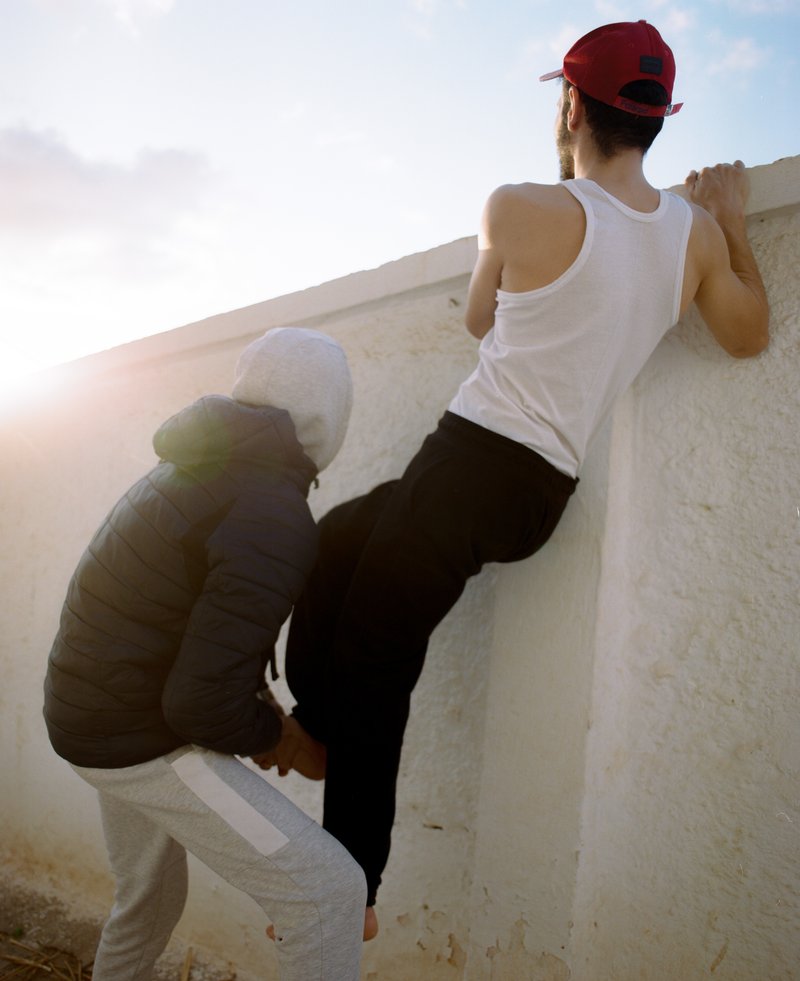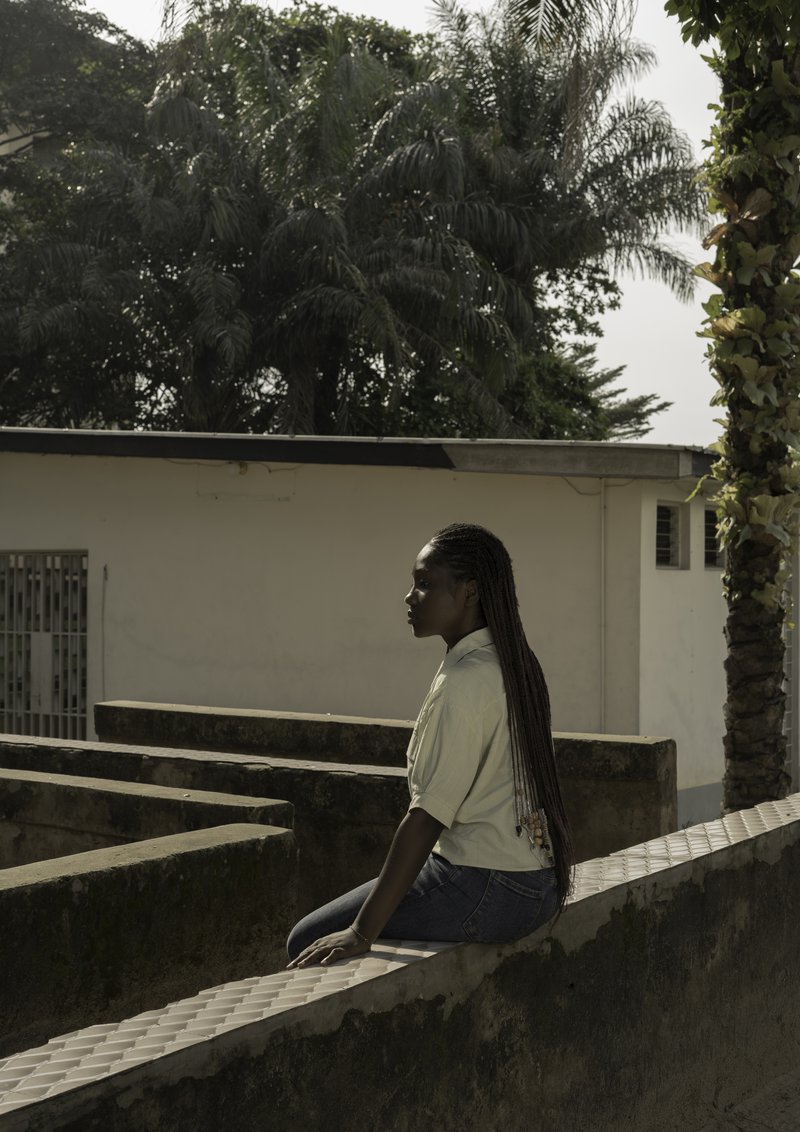Summer University CUBA
<meta charset="UTF-8">
After marking the history of the twentieth century with major episodes, Cuba must confront a new historical turning point. Obama's opening speeches and the death of Fidel Castro, leader of the Cuban Revolution of 1959, push the country towards a paradigm shift without priors. Partial liberalisation measures (restaurants, taxis and tourist activities) create an uncertain balance between mass tourism and Communist historical anchorage.
The will of the workshop led by Milo Keller (head of photography) and Vincent Jacquier (Head of visual communication) was to rethink the visual relationship that the collective imaginary maintains with Cuba. It was for the students to get out of the tourist cliché, be it the old American car, the colorful colonial houses or the cigar.
In partnership with the Embassy of Switzerland in Cuba, this week has been punctuated by many cultural visits. Exchanges with institutions such as the Instituto Superio de Arte (ISA) and the Fototeca de Cuba, as well as meetings with photographers who have worked for decades in Cuba as Sven Creutzmann and Vives-Figueroa, allowed an understanding finer Cuban culture, with exchanges around photographic, educational and policy approaches. The architecture has been one of the major themes, whether through visits to buildings of Porro and Gottardi, or even a visit to the Swiss Ambassador's residence, designed by Richard Neutra.
With the help of the Embassy of Switzerland, the students were guided by four local photographers: Raul Canibano, Chino Arcos, Gabriel Guerra and Lissette Solórzano and they were able to get in places and invisible to tourists Havana networks.
The projects are varied: technology report was addressed by Margaux Piette in a film about the hot spots Wifi scattered through the city. but also in the photos of Ivo Fovanna centered on the package, physical network for the exchange of files hacked; or in the film of Tatiana Mégevand on tourism activities Airbnb and economic change involved. The social characteristics of Cuba themselves in the series Olivia Schenker and Julien Deceroi. The first has made portraits of LGBTQ minority which enjoys a special acceptance on the island. The second makes us discover Santería, majority religion in Cuba of Christian inspiration and Voodoo. Imported cultural trends was put forward by the skaters in the movie of Pierre-Kastriot Jashari and more vernacular aspects are revealed in this series of Vincent Levrat pigeons collected on roofs by the inhabitants of Havana. The eighteen projects of this workshop were presented in the form of a projection at the Fototeca of Cuba on Vendredi8 December, in the presence of the Swiss ambassador, Mr Stutz and local photographers.
This workshop was an opportunity of discovery cultural and social, but also a framework that helped improve the autonomy and ambition projectual students.
Workshop
(2017)













































